If someone time-traveled from 50 years ago and found themselves in a modern airport, there are many things that would surprise them. However, the planes would still look quite familiar. While major upgrades in safety, avionics, and engines have occurred, the commercial plane is still similar to its counterparts from 50 years ago. In fact, one of the most successful commercial airplanes, the Boeing 747, first flew about 50 years ago. Since then, there have been many changes to the way we travel and with continual development happening at a rapid pace it poses the question of what luxury travel look like in 10, 100, 1000 years from now?
Hypersonic Travel
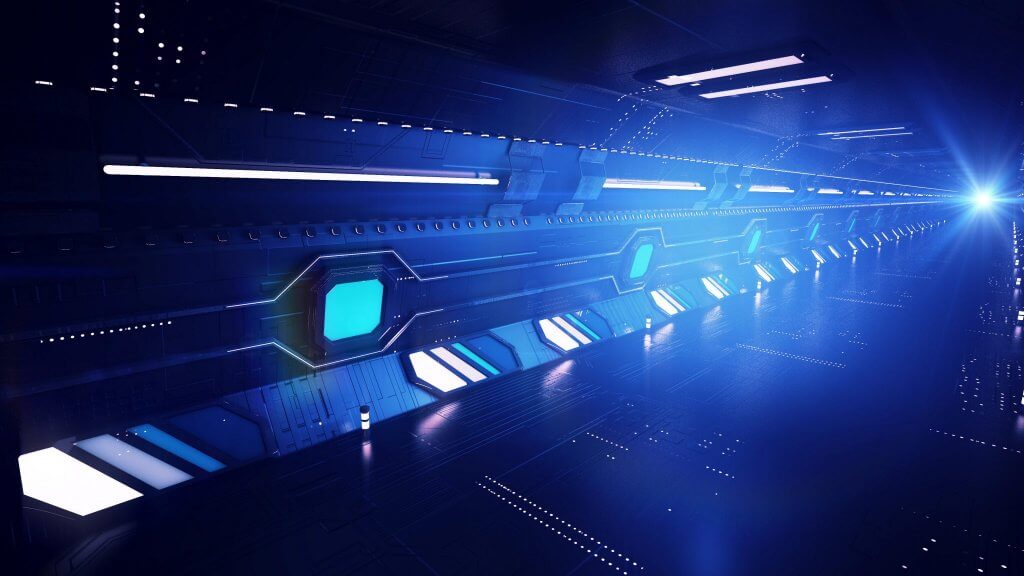
The future of aviation might be in air-breathing hypersonic engines. In a recent demonstration, a rocket engine traveled from London to Sydney in just four hours. Called the sabre engine, it is part rocket and part jet. It will enable flights over great oceans at five times the speed of sound. These rocket engine hybrids will also take vehicles into orbit. To do this, it uses oxygen in the air and switches to liquid oxygen supply stored internally once it leaves the atmosphere.
Flying Wings
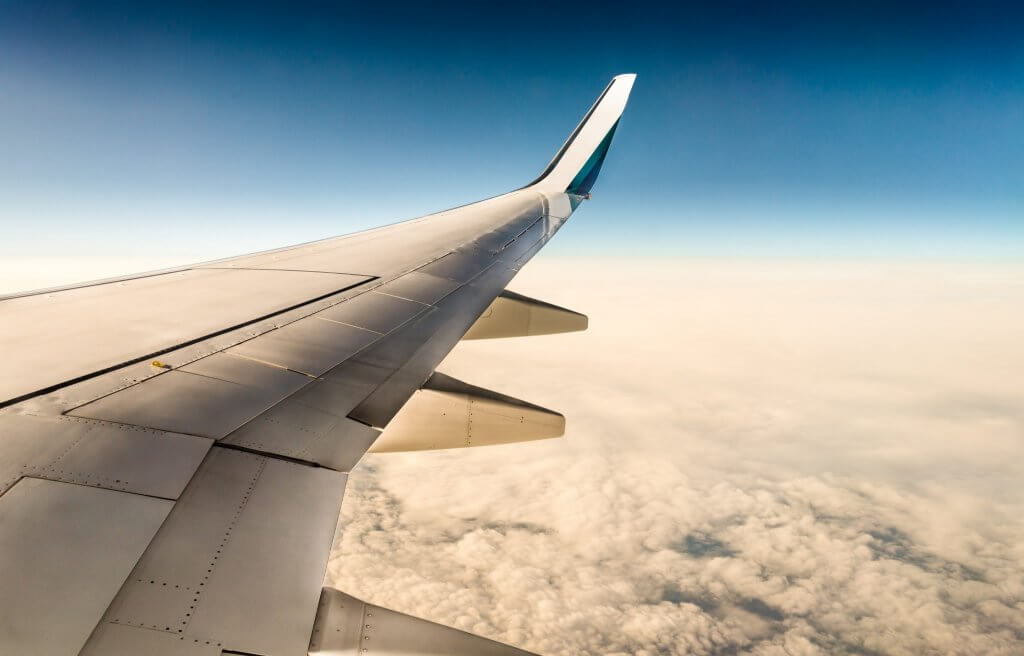
Future airplanes might look entirely different from their current design. In essence, the entire plane could just be a flying wing. This is as opposed to the current design where flights are via narrow fuselages getting a lift from wings on the side. The design is already in use by the US military with a lot of success. The design could completely change how planes and seats are configured. It will lead to shorter landing and takeoffs and ensure more internal space, which could reduce airline costs.
Self-Flying Planes
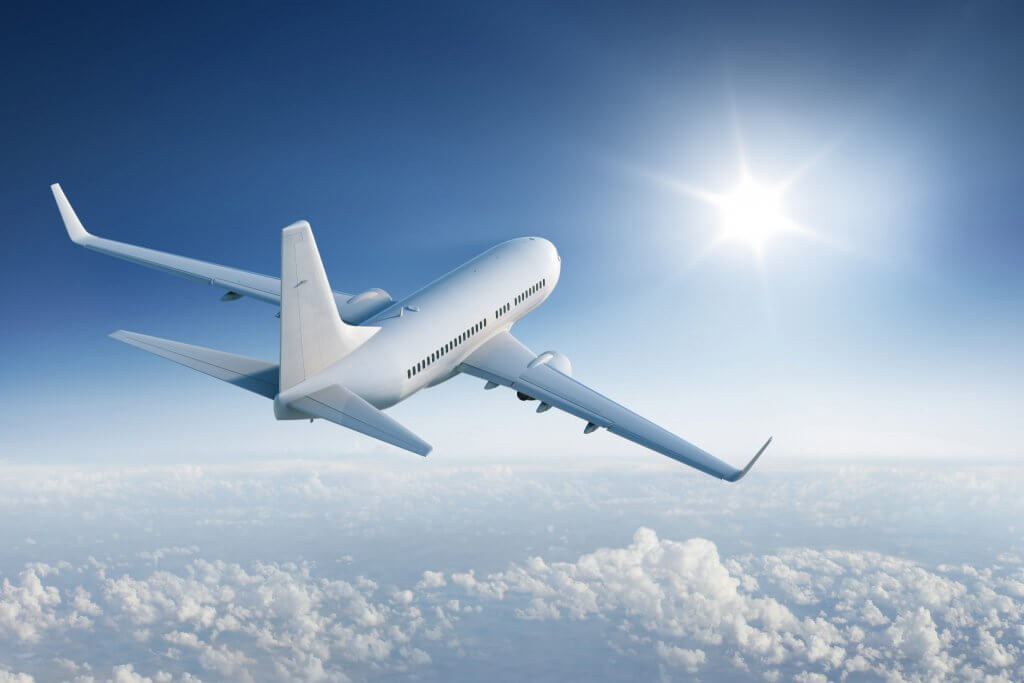
The next time you go on Dealchecker to check for a flight, it might actually be pilotless. In the next two decades, the aviation industry will need 600,000 pilots. However, there are only 200,000 pilots in service today. As a result, airlines might not have a choice but to automate. In the future, a plane might only need a safety expert on board since the whole plane will be automated. It is already happening with pilotless cars, and it could soon reach the airline industry.
Electric Planes
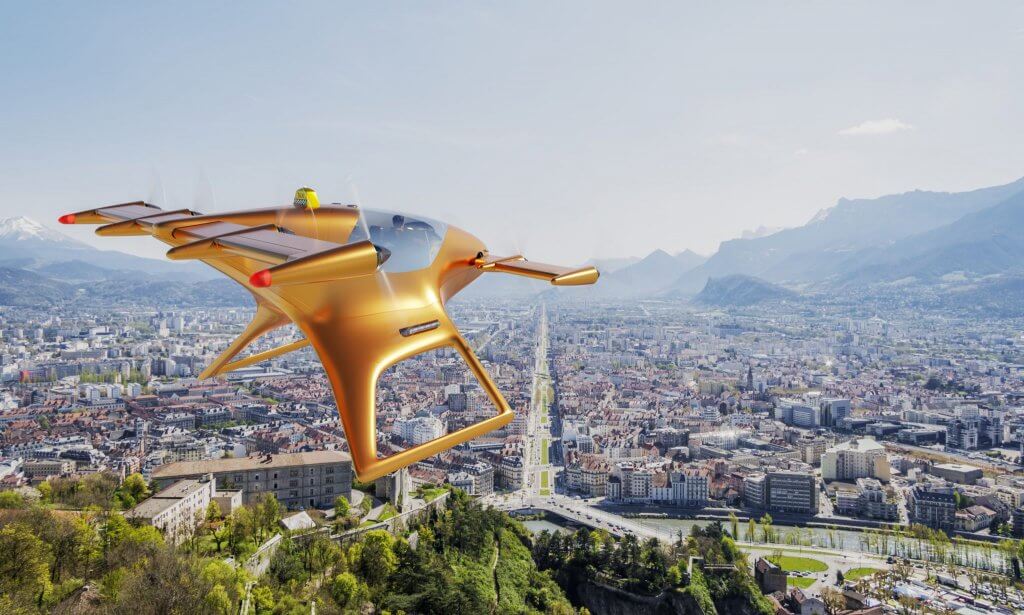
Right now, electric planes can only travel short distances and are not able to carry much. However, improved efficiency in the future could change everything. When tourists go on holidays, they will no longer have to worry about damaging the environment. It could be a win for everyone. On the other hand, airlines will only have to spend a small amount of money on planes since fuel is usually one of the largest overhead costs they have to deal with.
Use of Virtual Technology
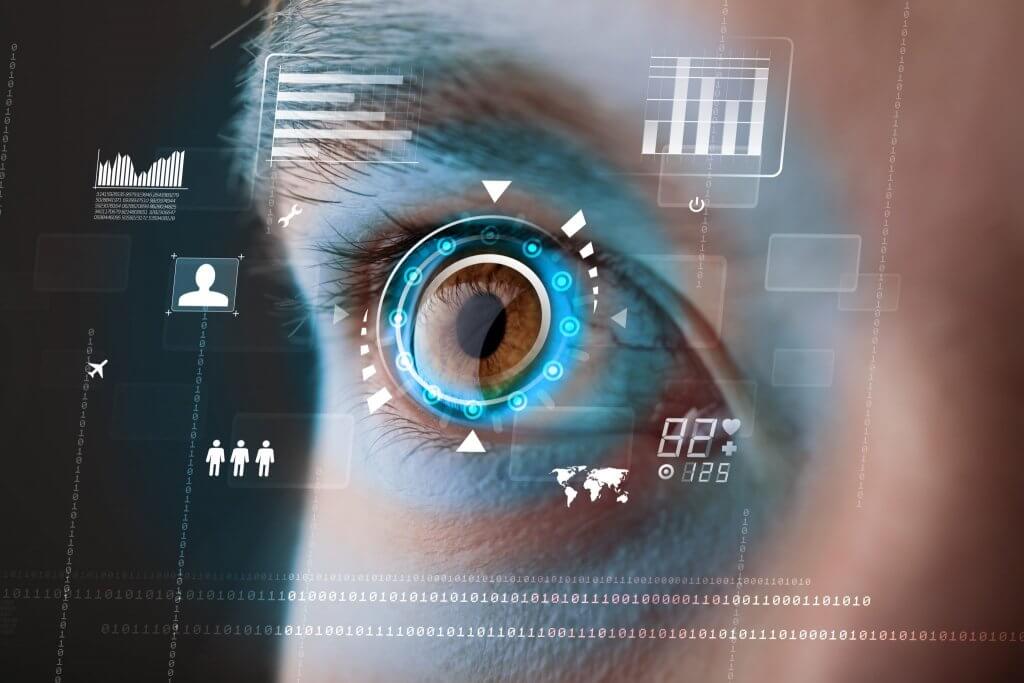
The new media technology will have an impact on the future of travel. Apps and technology such as VR will let travellers pick holidays in a more informed manner. Besides that, it might mean that future travelers look for more culturally immersive experiences instead of things such as sandy beaches and sunshine alone. While it is hard to say with certainty what will happen in the future, it is quite clear that there will be huge differences from how it currently works.




















